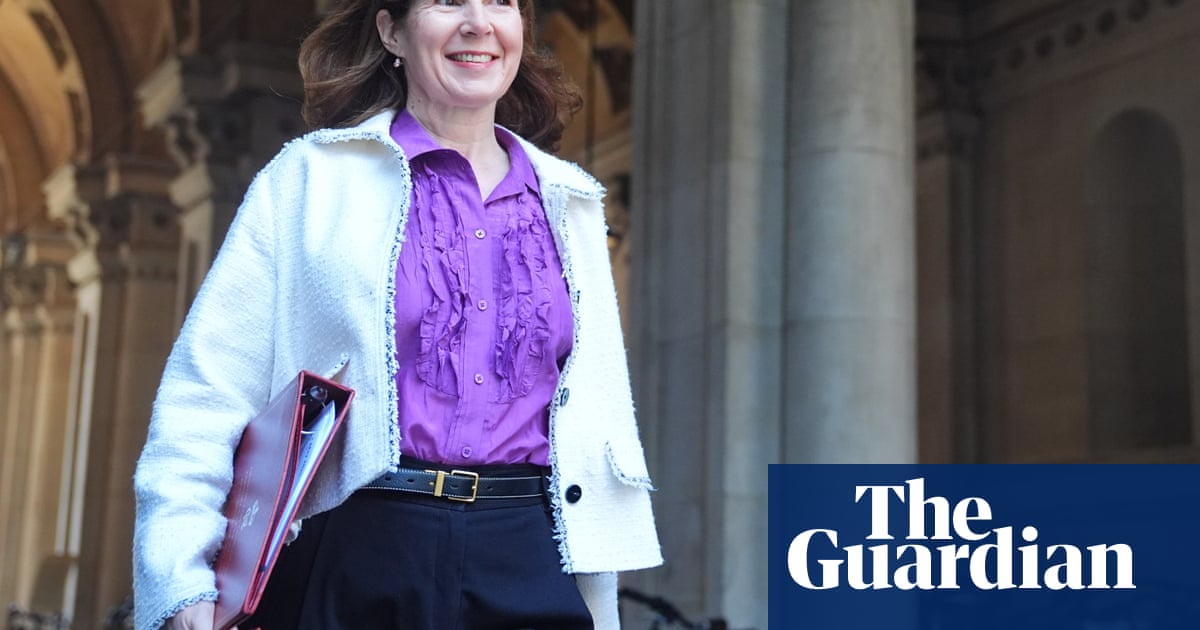This government is on course to go down in history as one of the worst for women and girls (Labour to defend aid cuts, claiming UK’s days as ‘a global charity’ are over, 13 May). We already know that the aid cuts will be deadly, but wiping out all funding to programmes thatsupport women and girlsis a new low – even if the government is saying the budget for women and girls will be “mainstreamed” or folded into other programmes.
Specific programmes help girls into education, help mothers deliver babies safely, and protect women from violence. While some governments are stepping back from supporting women, I never imagined the UK would follow suit. It’s not only catastrophic in the short term for women who will have life-saving support withdrawn but a shortsighted measure that will ultimately work against the government’s own peace, security and growth agenda.
Evidence shows that when women thrive, communities and economies prosper, and societies become more peaceful. It’s in everyone’s interest to ensure that this rash decision, made to balance the books, doesn’t now cause irreparable harm in the long run.
The government’s rhetoric about “global charity” and its decision to make savings on the backs of women and girls marks a dangerous shift away from the British values of inclusion and solidarity that it claims to celebrate. This plan would not only be another broken manifesto pledge but it signifies the UK joining a tragic race to the bottom.Dr Helen PankhurstSenior adviser on gender equality, Care International UK
I have decided to follow the example of our esteemed development minister and cancel all my charitable giving in exchange for offering my special expertise. If all UK donors follow the same example, we can destroy the charitable sector and present our esteemed chancellor and her disgraceful colleagues with a massive problem.
That is what is now happening in the developing world. First, Donald Trump decided to cancel USAID, and then his proxy in the UK cabinet decided to kiss his bottom and reduce UK spending in exchange for any expertise that we may have (not much!). For the avoidance of doubt, I was opposed to reducing the foreign aid budget from0.5% to 0.3% of GDP from 2027. As a higher-rate taxpayer, I believe that I can plead a case for how tax revenues are spent. What a shower!Trevor BonnerSolihull, West Midlands
Have an opinion on anything you’ve read in the Guardian today? Pleaseemailus your letter and it will be considered for publication in ourletterssection.
